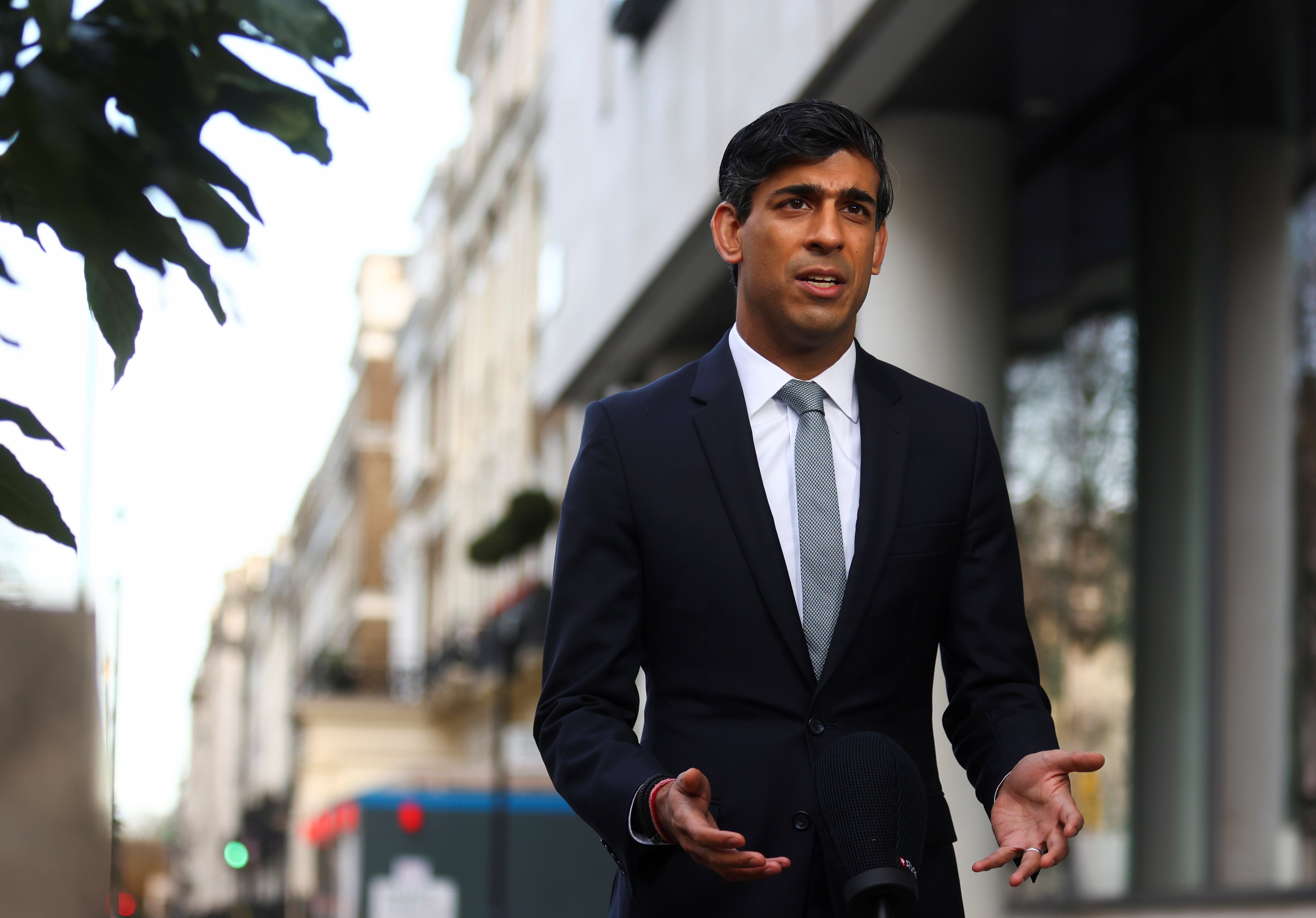The direct cost, so far, of the Covid crisis to the exchequer is close to £300bn, equivalent to about a third of normal annual public spending, and about 14 per cent of national income.
It is war socialism delivered by a Conservative government. All the usual fiscal and monetary rules have been suspended. It will take the national debt to a 60-year high. Much of the borrowing is being funded by the Bank of England creating new money. Some fret about the eventual consequences for inflation and about the tax rises and spending cuts that will be needed, in due course, to put the public finances back on track.
It is worth every penny, however. Without such free-spending measures, the economy would be mired in an even deeper recession. Economic downturns have a habit of feeding on themselves, and a recession can easily turn into a slump. If confidence drains from an economy, the resultant stagnation can persist for decades. In any case, some of those made redundant will not work again and otherwise healthy businesses will be lost forever. Covid is essentially a short-term economic shock rather than a deep-seated structural problem with the economy. Borrowing to bridge the gap until the return to normal is perfectly sensible.
As with the financial crisis a decade ago, the pandemic has demanded a bold response, and, in this respect, the government has risen to the challenge.
So the additional £4.6bn in support for retail and leisure businesses announced by the chancellor has to be set in that context. It is, in those terms, a relatively modest sum. As Rishi Sunak makes clear, the existing major schemes, such as furloughing staff, will continue until at least the spring. There will be a stock take of the various grants, rates holidays and tax cuts at the Budget on 3 March.
It is clear what the chancellor needs to do between now and then. First, he should make it clear to businesses and households that he will do whatever it takes to protect the long-term health of the economy. That means safeguarding jobs. Confidence is a precious and fragile commodity, and there should be no talk of tax hikes or savage cuts to public spending to repair the public finances. There will be time enough for that when the crisis has passed. The vaccines mean that there is now a finite quality to whatever financial measures need to be taken.
Second, the chancellor needs to take another look at the gaps in his system. He says that he cannot save every job, but that doesn’t mean, for example, that he can ignore many self-employed people on modest incomes and expect them to fend for themselves. Between now and the Budget, the Treasury has enough time to adapt existing schemes and make them more effective.
Third, the chancellor could usefully extend his fiscal horizons beyond the usual five years. This would help to reassure all concerned that reducing government borrowing to sustainable levels in a post-Brexit low-growth environment can be achieved in a gradual way. Mr Sunak, like the nation, has the unusual good fortune to be able to borrow cheaply at historically low interest rates. He should make the most of that facility.




Join our commenting forum
Join thought-provoking conversations, follow other Independent readers and see their replies
0Comments